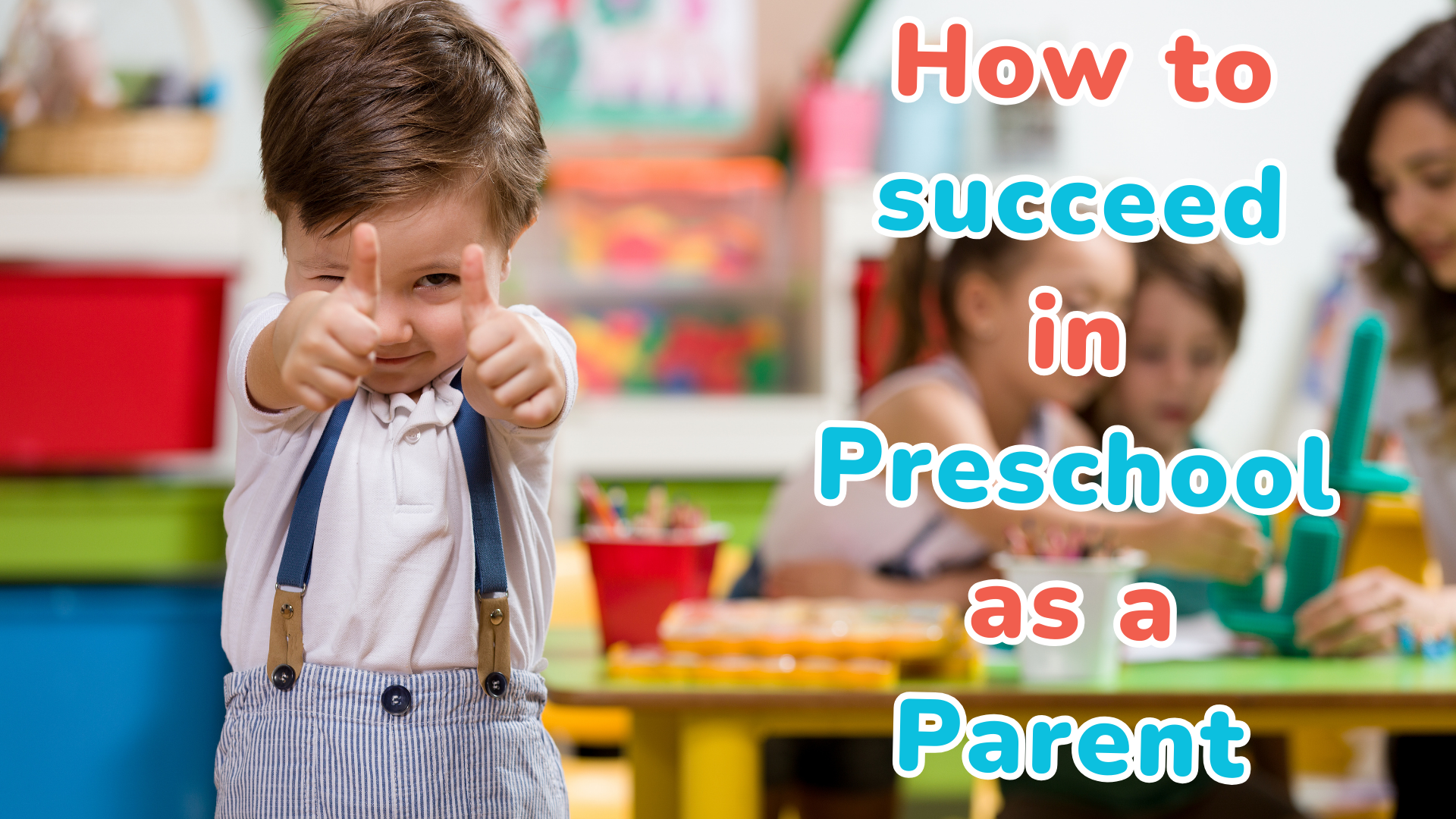
Navigating Preschool Years in 2023-2024: Expectations & Strategies for Emotions, Separation, Friends, and Sharing
Sep 06 , 2023
A child's life experiences amazing growth and development during the preschool and toddler years. They struggle with complicated emotions, social connections, and the idea of sharing as they discover the world around them. The expectations and techniques parents may use to help their children during this critical developmental time of navigating emotions, separation anxiety, friendships, and the art of sharing will be covered in this article.
1. Understanding of Emotions
Toddlers and preschoolers frequently have difficulty adequately expressing their feelings. Acknowledging their emotions and providing them with vocabulary to express what they're going through is critical. They can better express their demands and comprehend their feelings as a result.
2. Separation anxiety
During the preschool years, separation anxiety is normal. Transitions can be made easier by gradual separation, established habits, and encouraging goodbyes. Remind your child that you'll always be back and stick to the same pickup and drop-off schedule.
3. Keeping Friendships Strong
The development of early friendships is essential for a child's social growth. You may promote social connection by setting up playdates, enrolling in preschool, and participating in group activities. Foster empathy by teaching them to share, take turns, and consider others' feelings.
4. Sharing Knowledge
The ability to share needs practice to master. Through cooperative play and role modeling, promote sharing. Teach your youngster that sharing doesn't require them to permanently give up their possessions; they can take turns and share for a short period of time.
5. Establishing Realistic Expectations
Realistic expectations for your child's behavior are crucial. Conflicts, obstacles, and tantrums all play a role in their growth. Maintain a calm attitude and approach these circumstances with patience and understanding.
6. Emotion Regulation
By teaching them soothing strategies, you can assist your child in developing emotional control. They can control their emotions by taking deep breaths, counting, or pausing.
7. Empathy and Adaptability
Discuss how others might feel in various circumstances to foster empathy. Discuss how your kid would respond in similar situations after reading books showcasing the characters' emotions.
8. Setting an example
Children pick things up by watching the adults who are responsible for them. To help children deal with these circumstances, set an example of proper emotional reactions, sharing, and social connections.
9. Proper Communication
Teach your youngster efficient ways to express their needs and feelings. Encourage children to use words instead of expressing their emotions or throwing tantrums.
10. Compliments and Encouragement
Recognize and applaud your child's attempts to control their emotions, share, and make friends. Rewarding behavior is reinforced by positive reinforcement.
11. Establishing Routine
Children feel secure when they have a routine. A regular schedule gives them a sense of security and lessens their nervousness in unfamiliar circumstances.
While friendships are important, you should also teach your child the value of independent play. This encourages innovation, problem-solving, and independence.
Children and parents alike can learn and explore during the preschool and toddler years. You can provide your child the support and direction they require to succeed by being aware of the particular difficulties each child faces in navigating emotions, separation, friendships, and sharing. Setting the stage for healthy emotional development and comprehensive social skills requires tactics like recognizing emotions, encouraging pleasant social interactions, and honing the art of sharing. As you guide your child through this exciting and critical journey stage, remember that patience, empathy, and regular communication are crucial.
